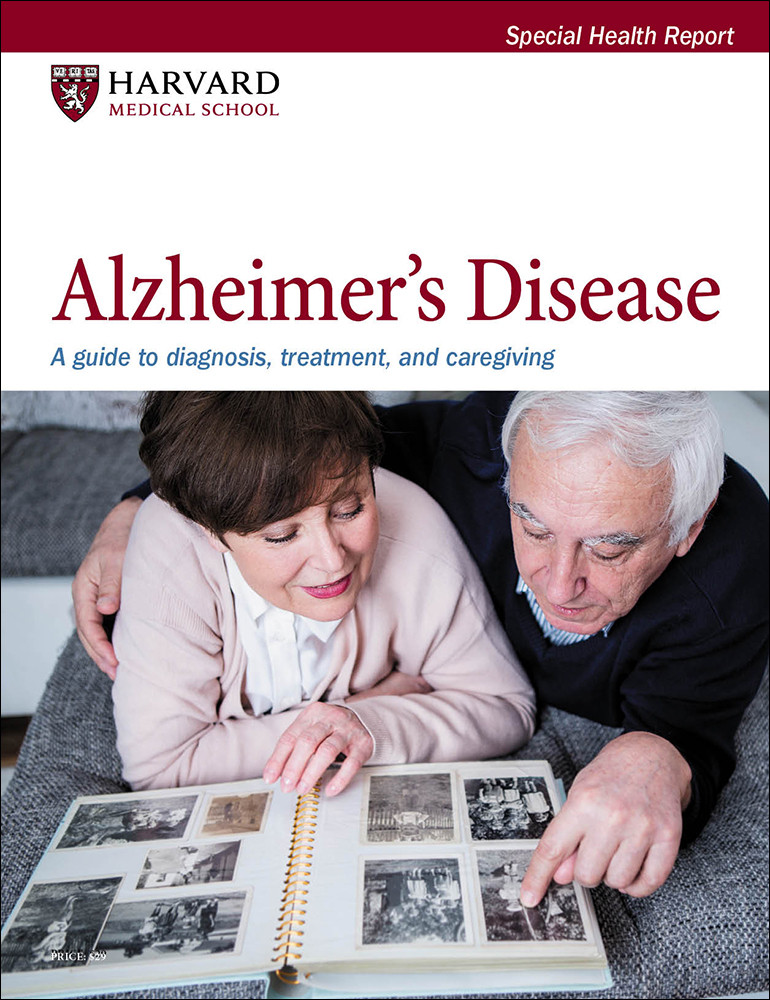Potency of these Alzheimer's pills might not match the label
News briefs
- Reviewed by Anthony L. Komaroff, MD, Editor in Chief, Harvard Health Letter; Editorial Advisory Board Member, Harvard Health Publishing

Here's an example of why you must be especially careful when selecting supplements: Harvard Medical School researchers say that galantamine, a plant extract used in prescription medications to treat Alzheimer's, is often mislabeled and sometimes contaminated with bacteria when it's sold as a dietary supplement. Scientists compared 11 brands of prescription generic galantamine and 10 brands of over-the-counter galantamine dietary supplements. "In the generic drug, the amount of galantamine listed on the label accurately represented the amount of galantamine in the pills and, importantly, no bacterial contamination was found. But 90% of galantamine dietary supplements contained an inaccurate amount of galantamine, ranging from less than 2% to 110% of the labeled quantity. Disturbingly, 30% were also contaminated with bacteria that could, if consumed at higher levels, cause diarrheal illnesses," says Dr. Pieter Cohen, the study's lead author and an associate professor of medicine at Harvard Medical School. The results were published online in a research letter Feb. 23, 2024, by JAMA. To ensure that you're getting safe supplements, Dr. Cohen urges you to look for certification seals from vetted independent third parties, such as the U.S. Pharmacopeia and NSF International's Certified for Sport program. And talk to your doctor before taking any dietary supplement.
Image: © paitoonpati/Getty Images
About the Author

Heidi Godman, Managing Director
About the Reviewer

Anthony L. Komaroff, MD, Editor in Chief, Harvard Health Letter; Editorial Advisory Board Member, Harvard Health Publishing
Disclaimer:
As a service to our readers, Harvard Health Publishing provides access to our library of archived content. Please note the date of last review or update on all articles.
No content on this site, regardless of date, should ever be used as a substitute for direct medical advice from your doctor or other qualified clinician.
















